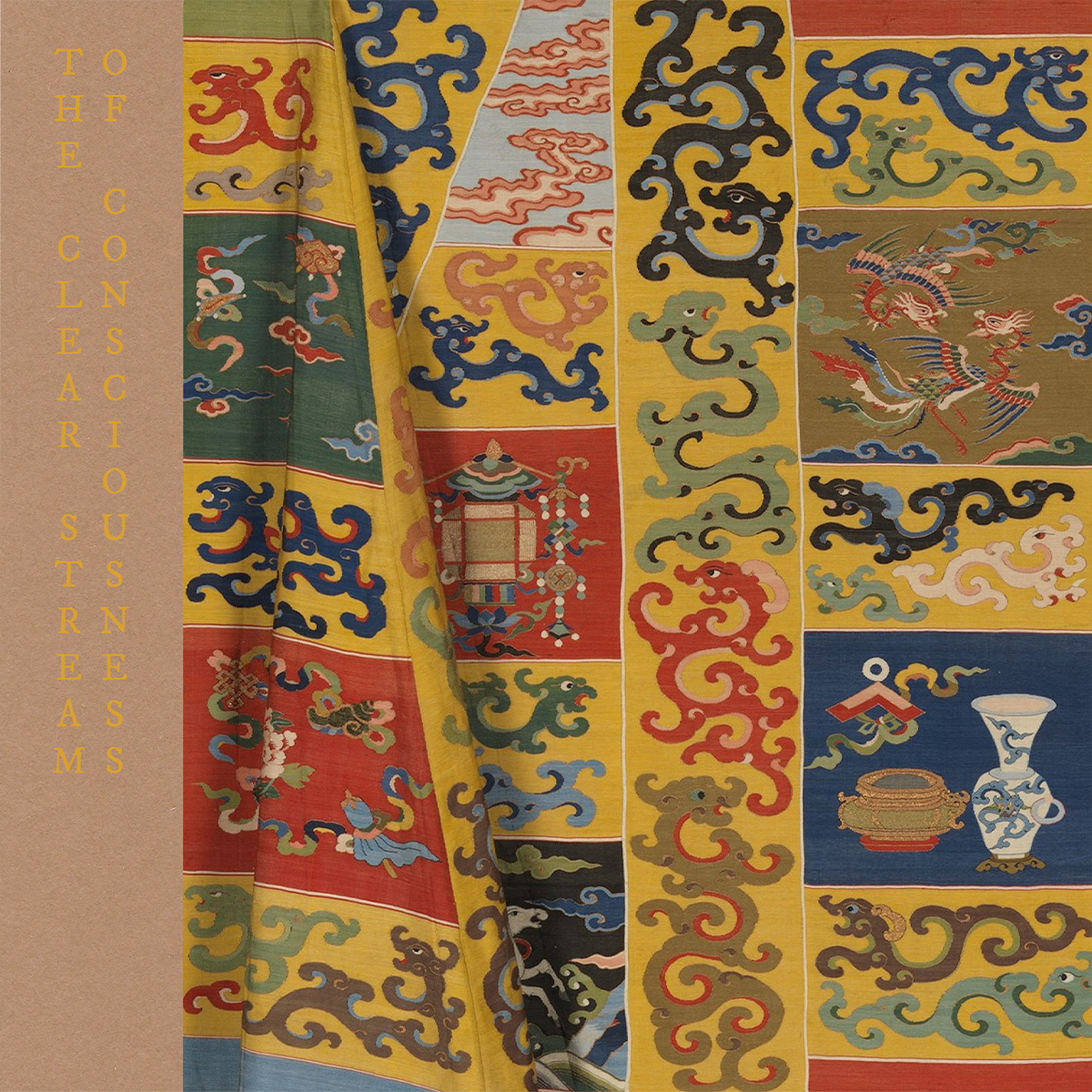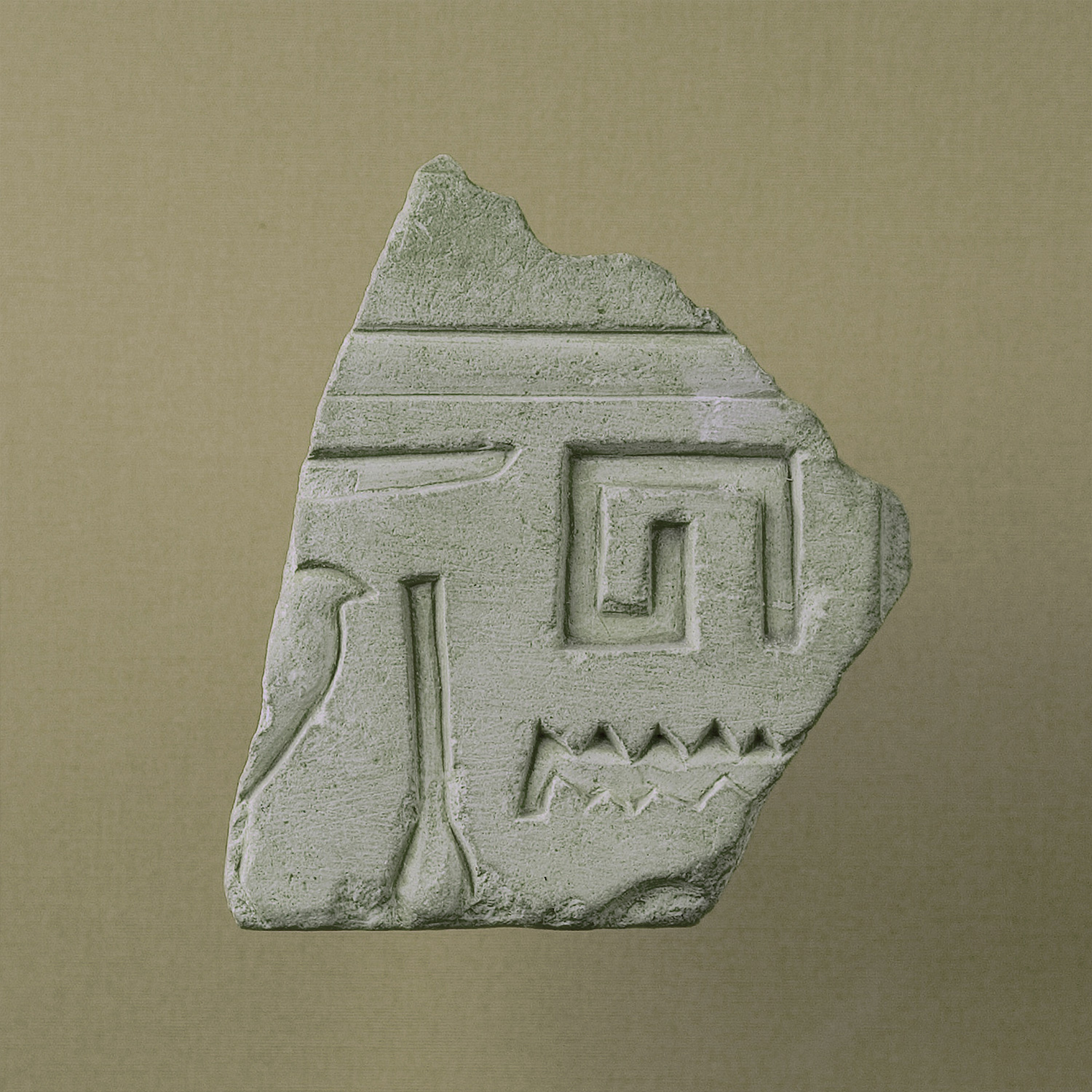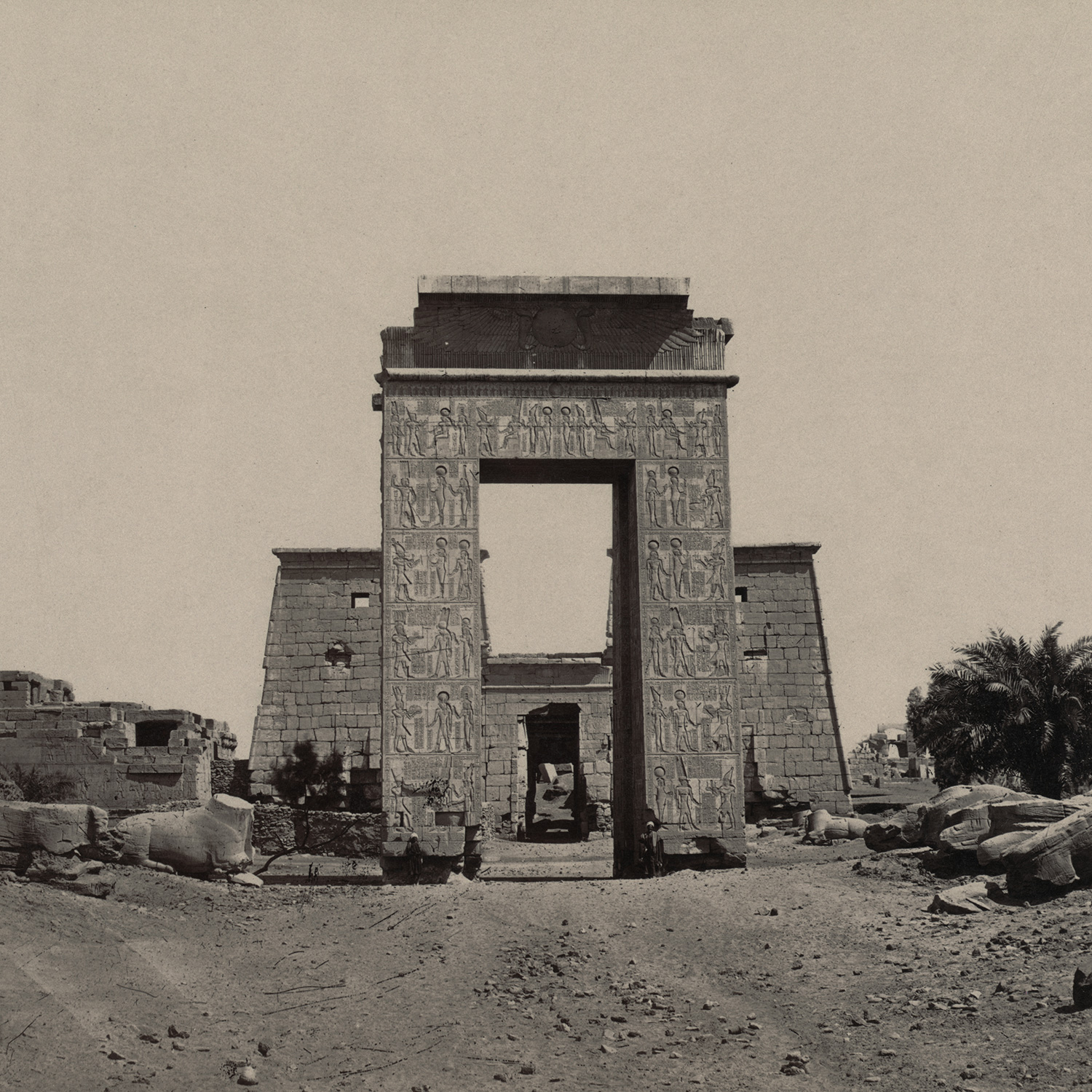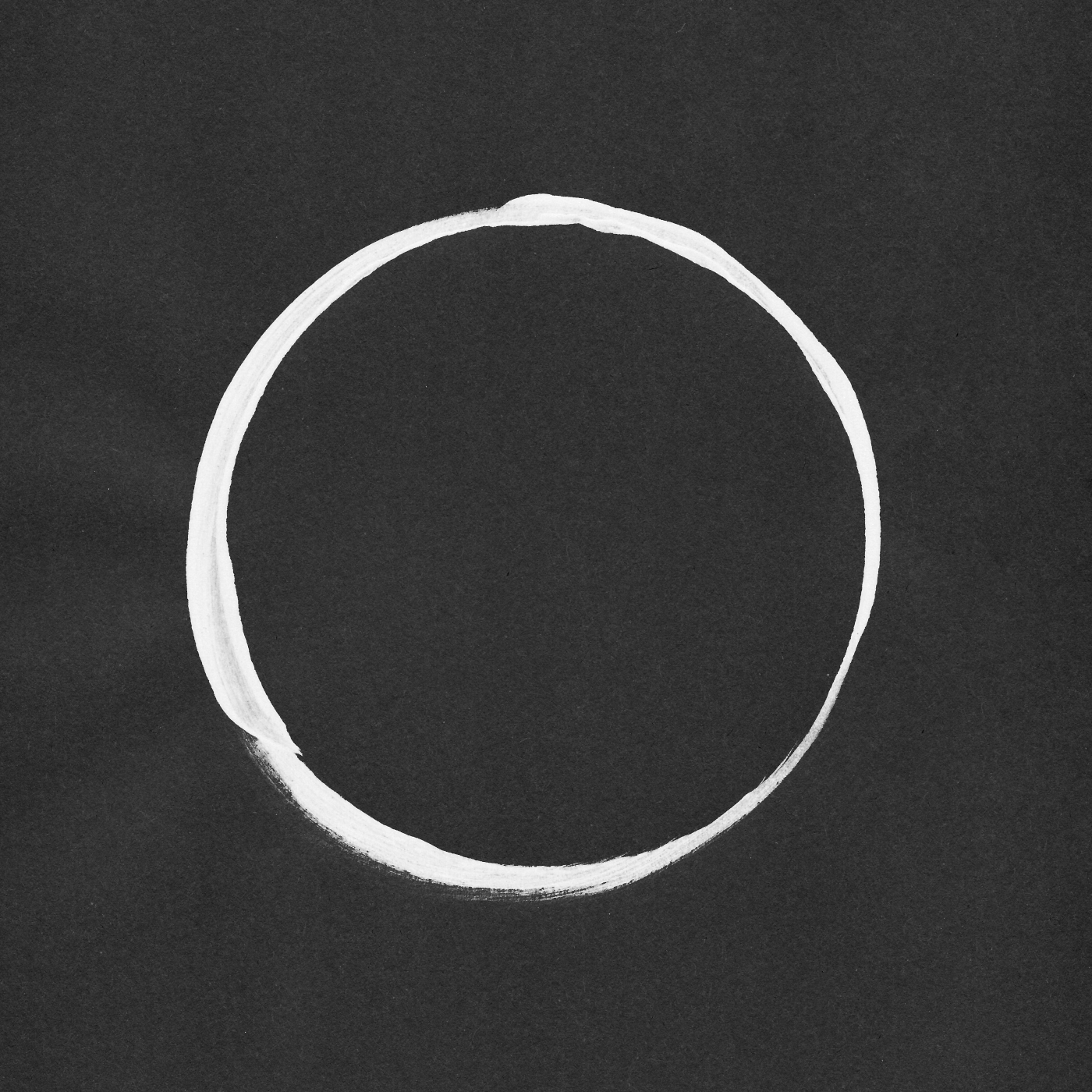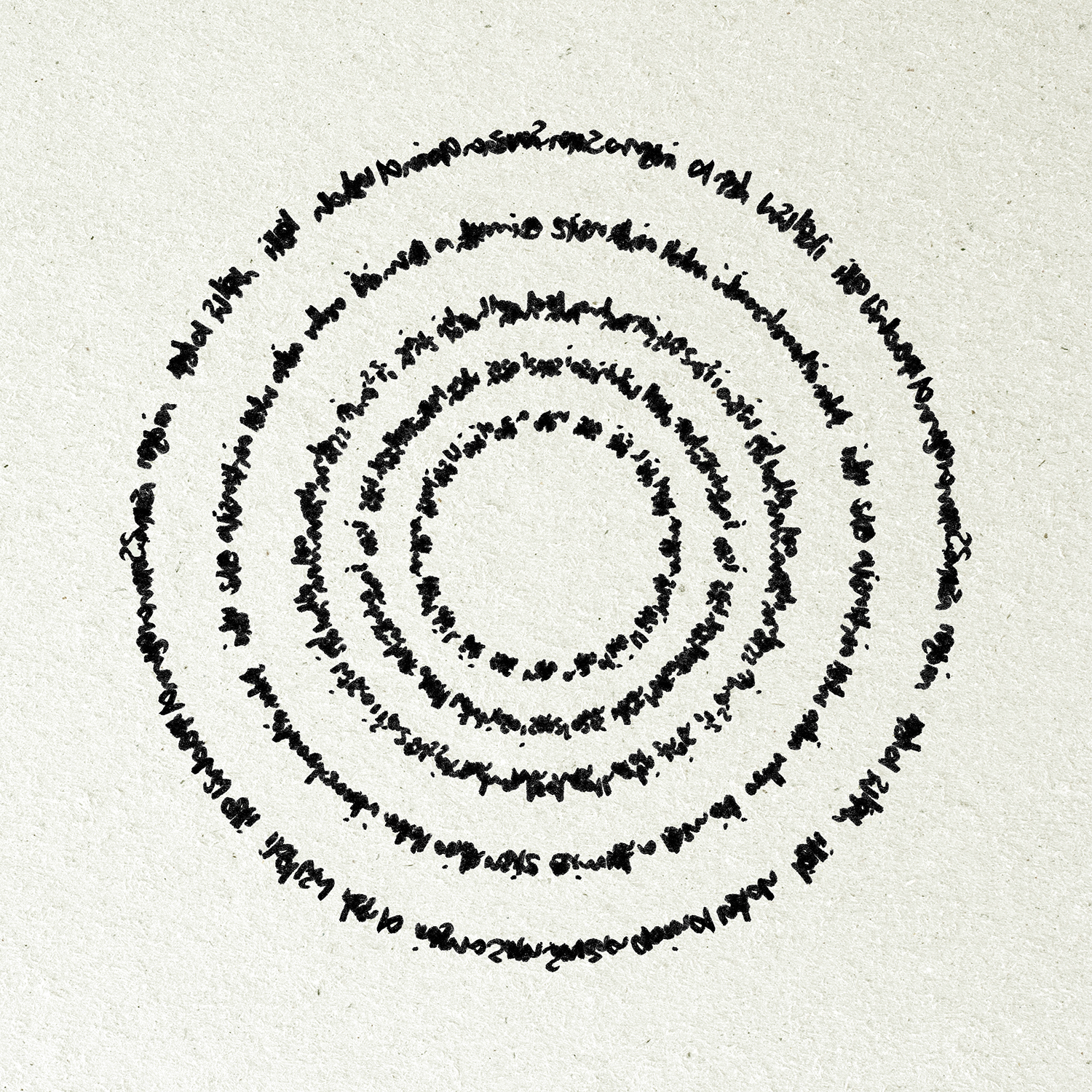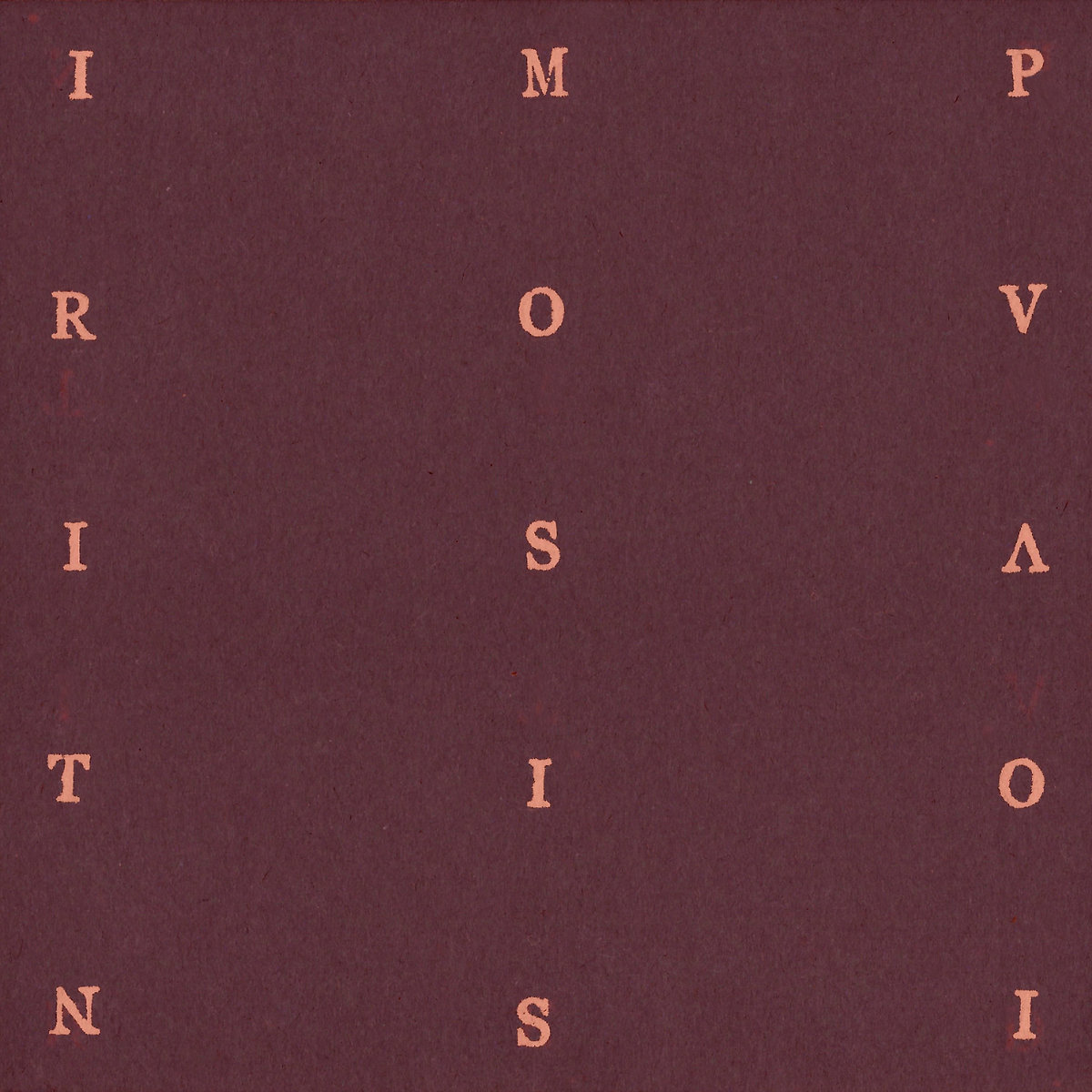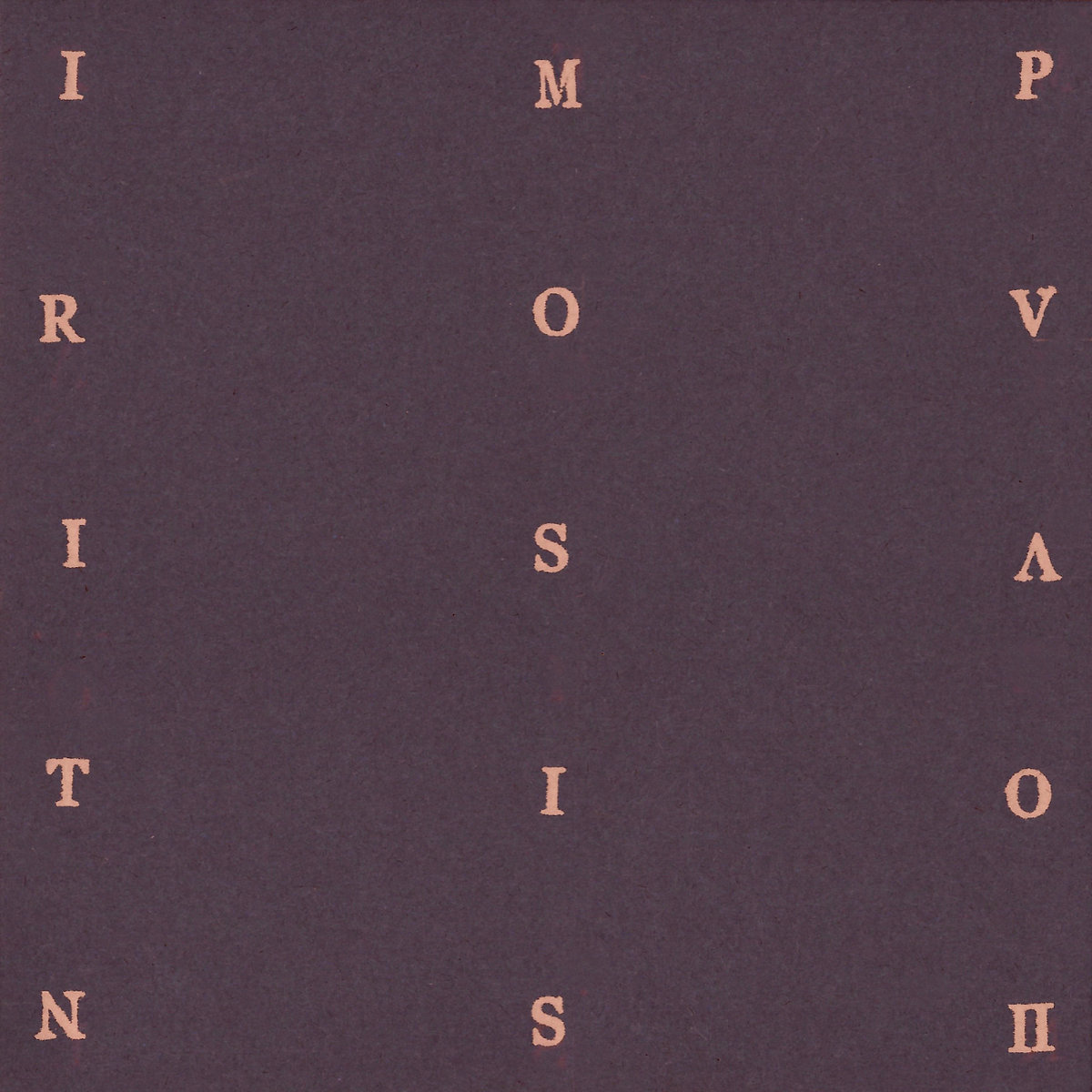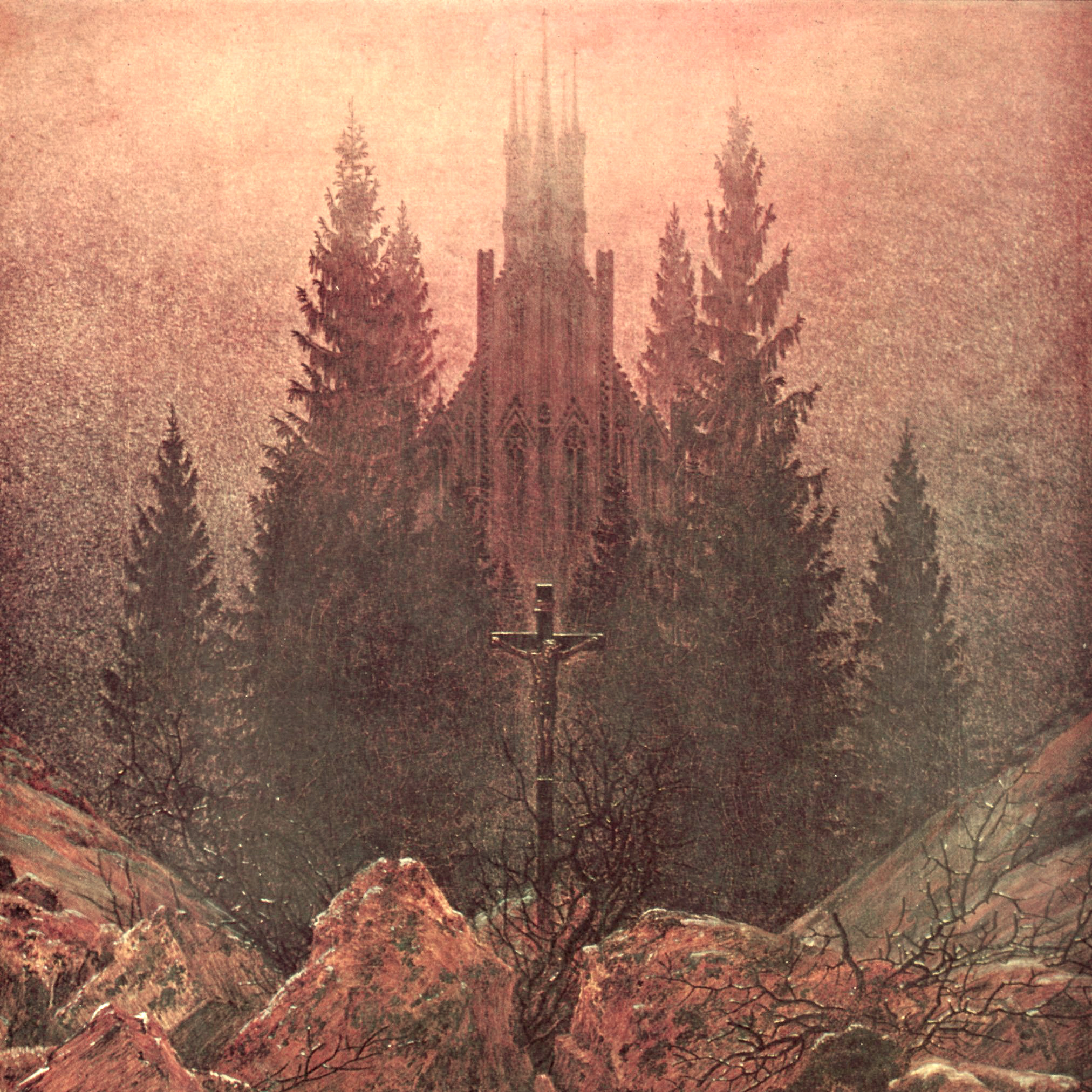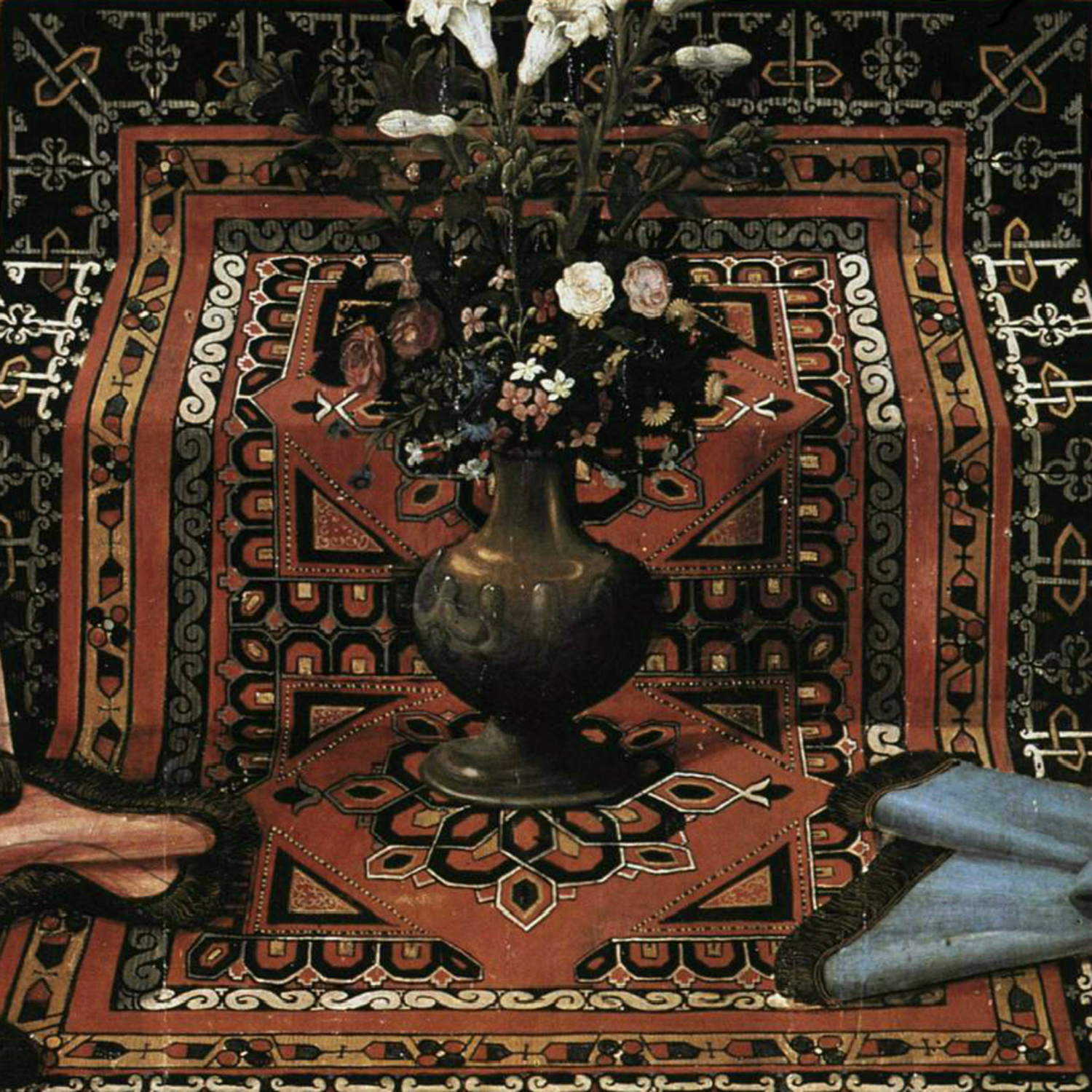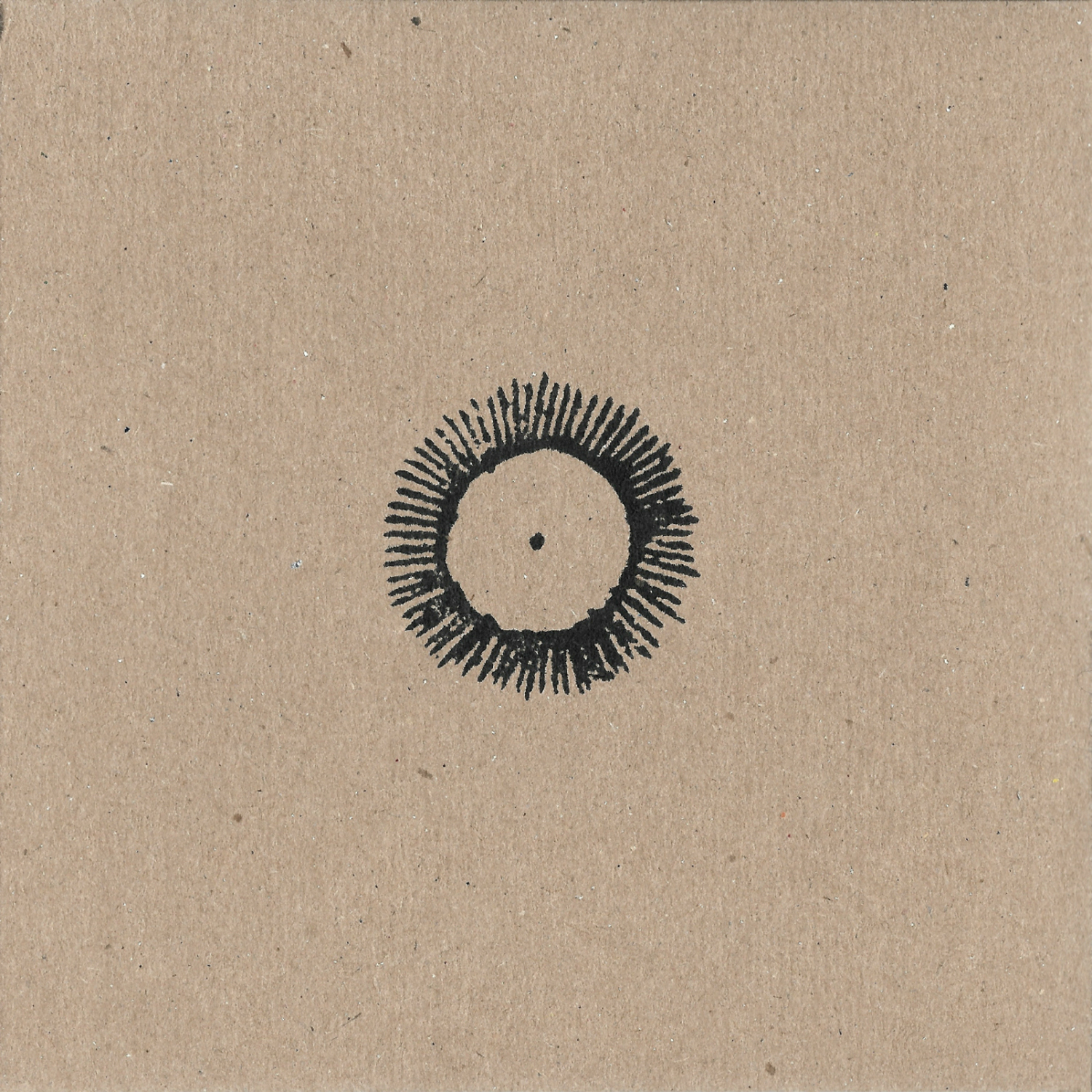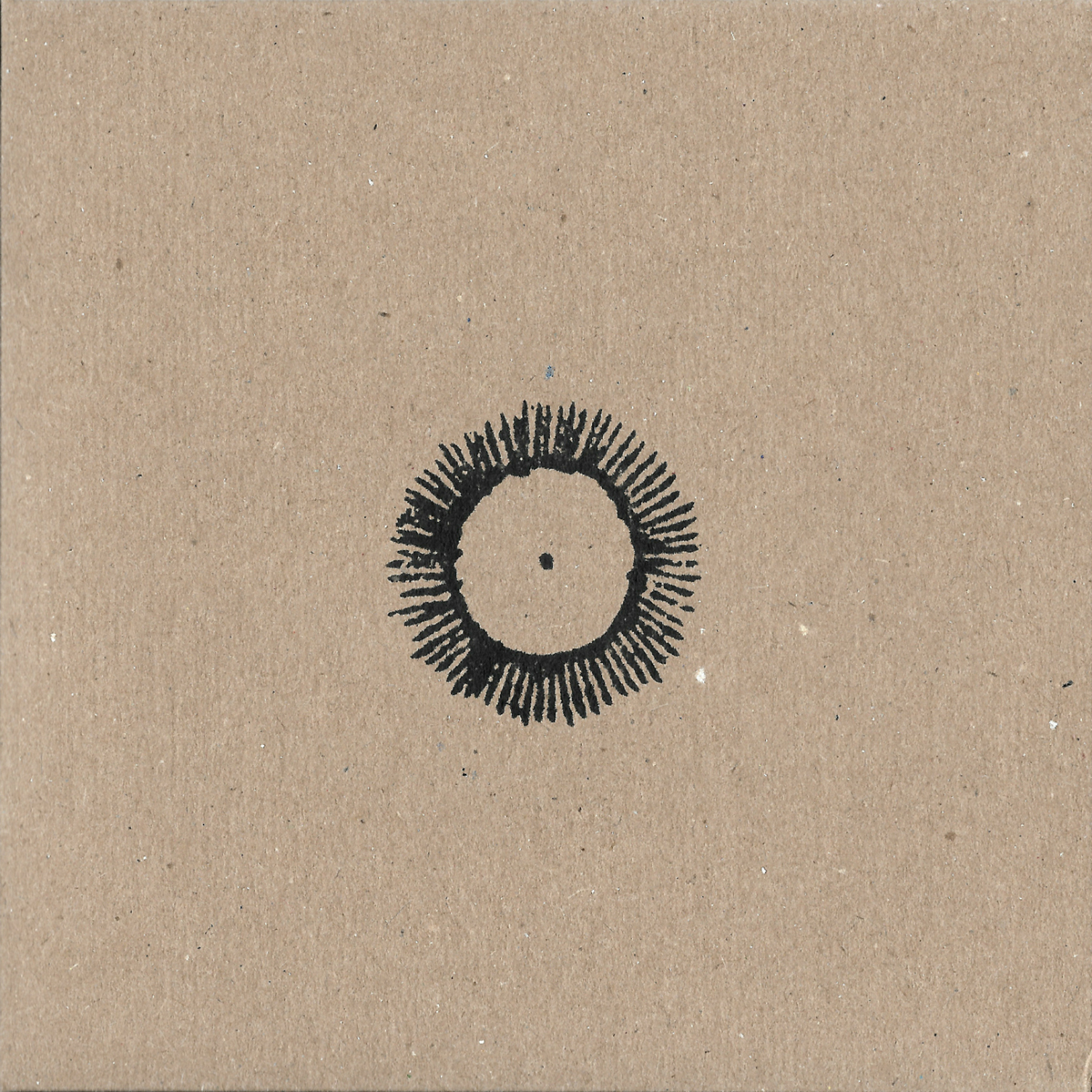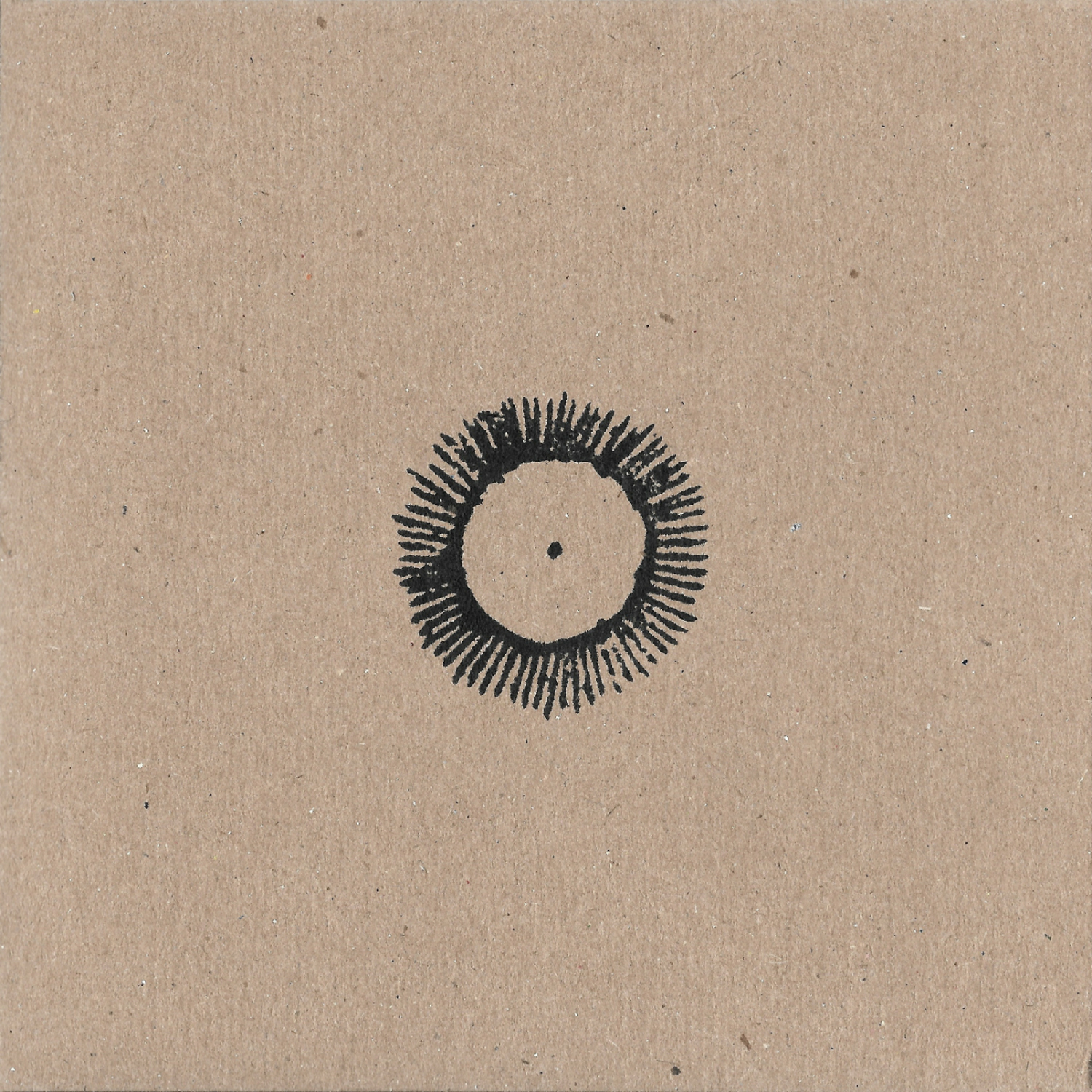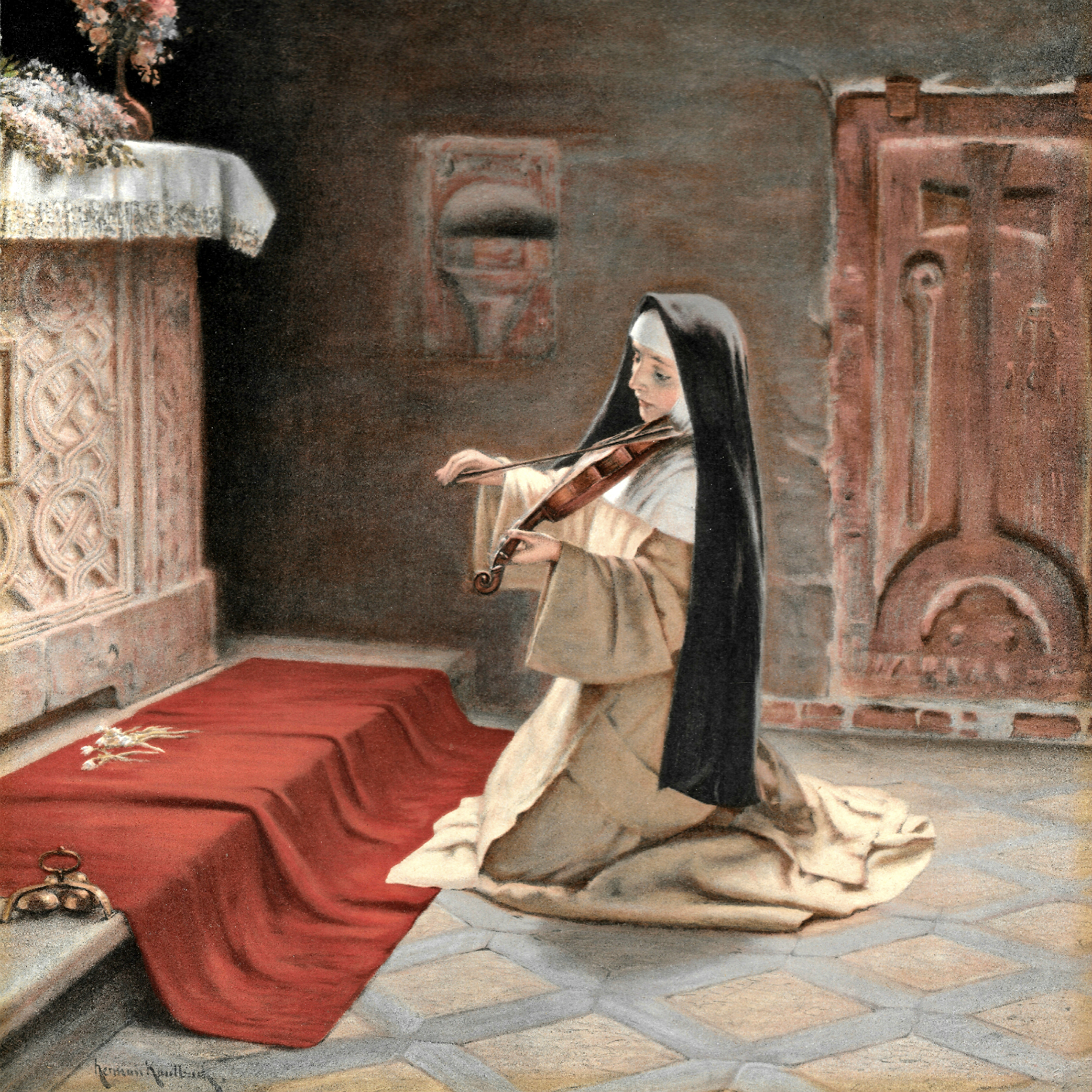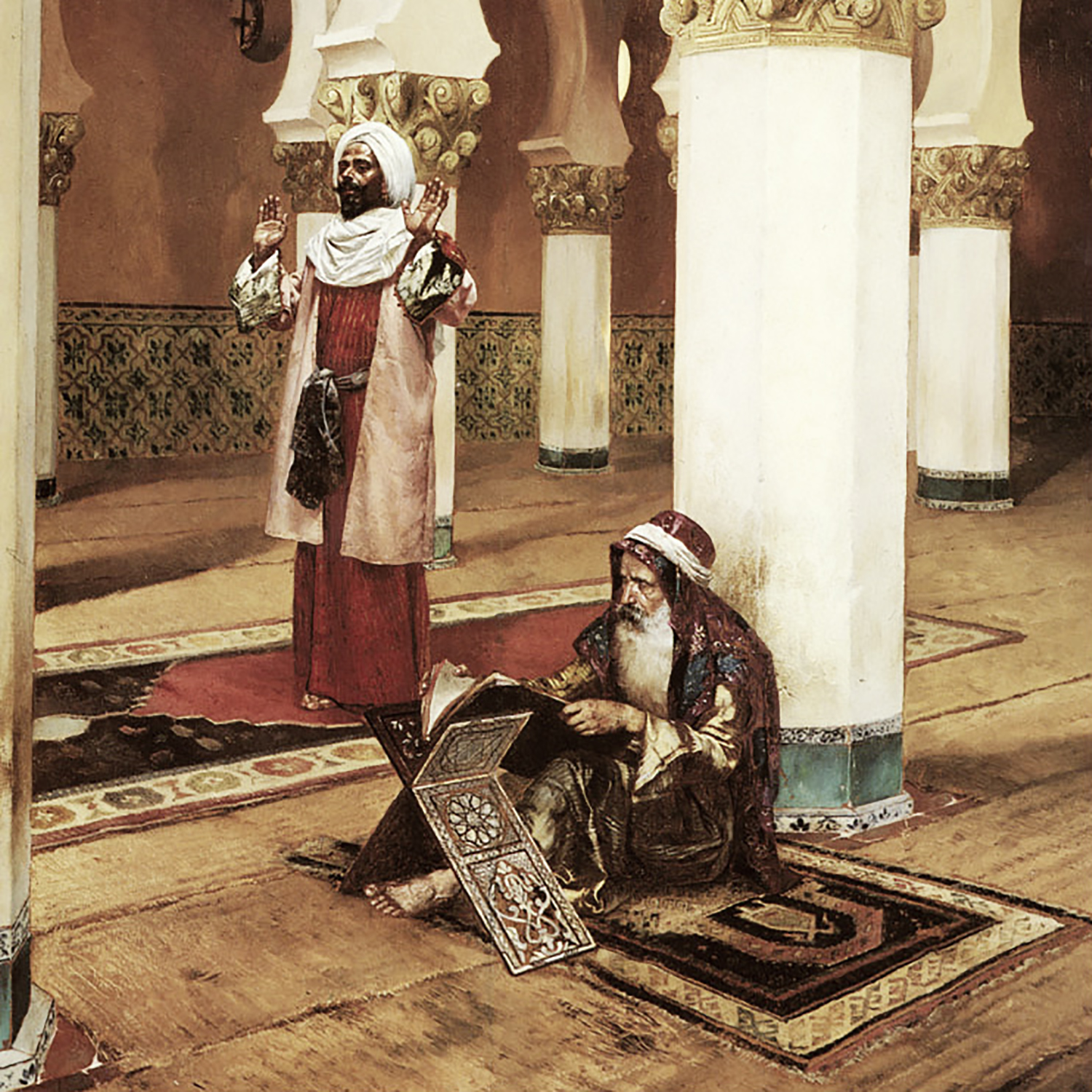
RUVEN NUNEZ
BIO
Ruven Nunez says he lives in a bowl; the Swiss guitarist interrupts a thought on a recent Skype call, lifting his computer over his right shoulder to show exactly what he means. Out a window, across the entire horizon, is a row of mountains in either direction. Nunez explains that it circumscribes all of Bad Ragaz, a town of less than 6,000 people set in the foothills of the eastern Swiss Alps that he’s lived in most of his life. It can feel isolating, he admits—but at least today, he feels safe here, comforted by the range that separates him and his family from the rest of the world.
When he was younger, Nunez felt the pull to live elsewhere. At 18, he moved to Shanghai, but he was quickly overwhelmed by the bustle of the city and the geographical flatness of the environment that surrounded him after a lifetime in the mountains. He moved back home after three months. Over the next half decade, he’d try stints in Japan, Korea, and Singapore—but the bowl always called him back. In his mid 20s, he moved back to Bad Ragaz for good, to settle down, lead a simple life, and to be near his mother, who’s lived with various forms of cancer for nearly 10 years and who he now lives with and cares for.

But then, he had an intense panic attack at a supermarket near his house, spinning him into an intense period of personal enlightenment. “It was a punch in my face, saying that there’s more to life than what I’d been doing so far,” he explains. “You can’t imagine how much more. After that I started recording again.”
Albums
The clear stream of consciousness
ANKH
Sanctuary
Time Will Tell
Shingetsu
Samadhi
Improvisations I
Improvisations II
Guidance
Altar Of Sunlight
Devotional Songs I
Devotional Songs II
Devotional Songs III
Holy Fountain
Evening Prayer

